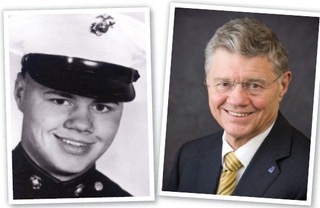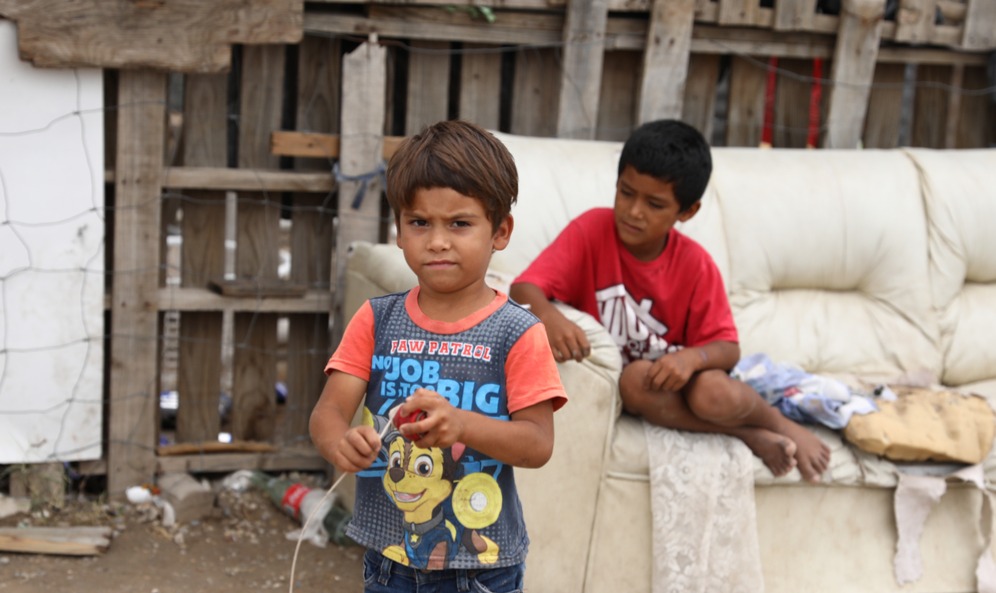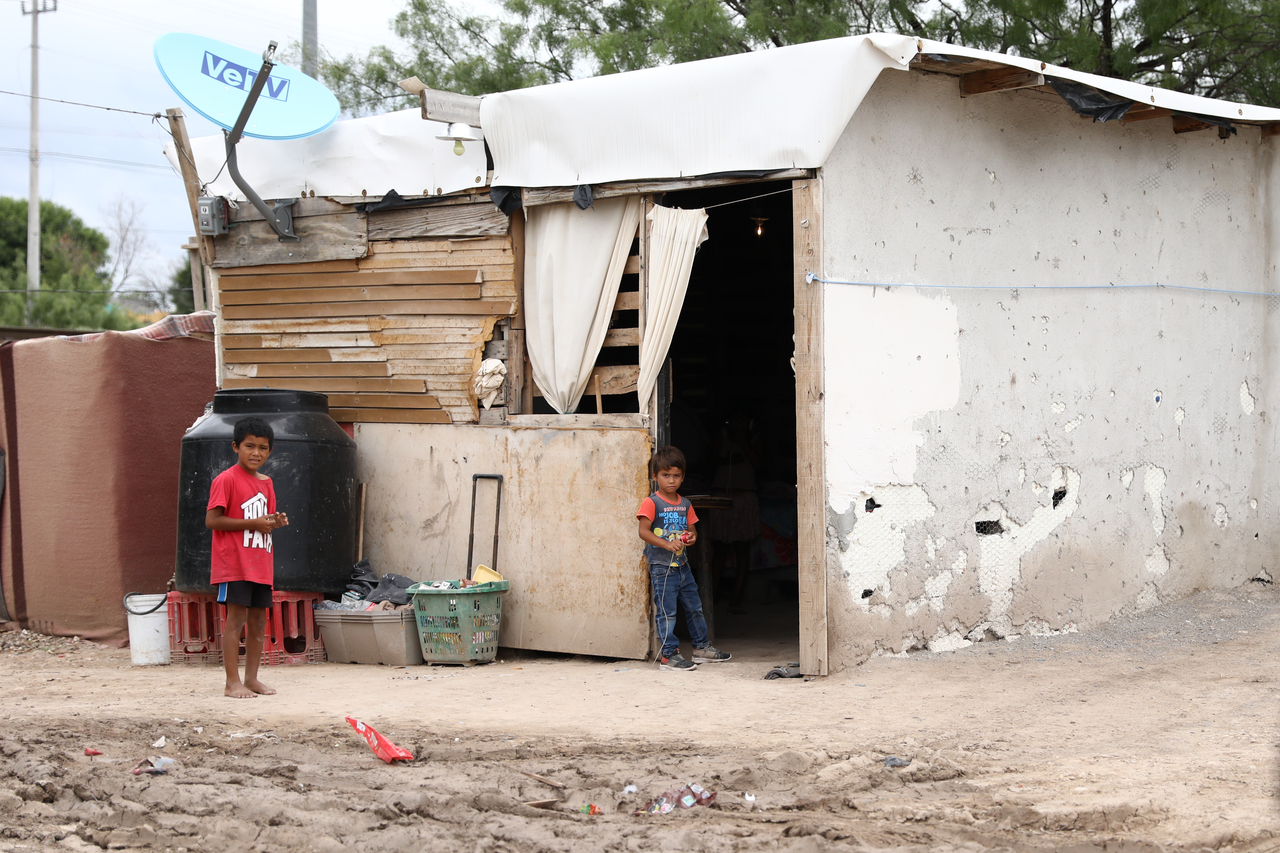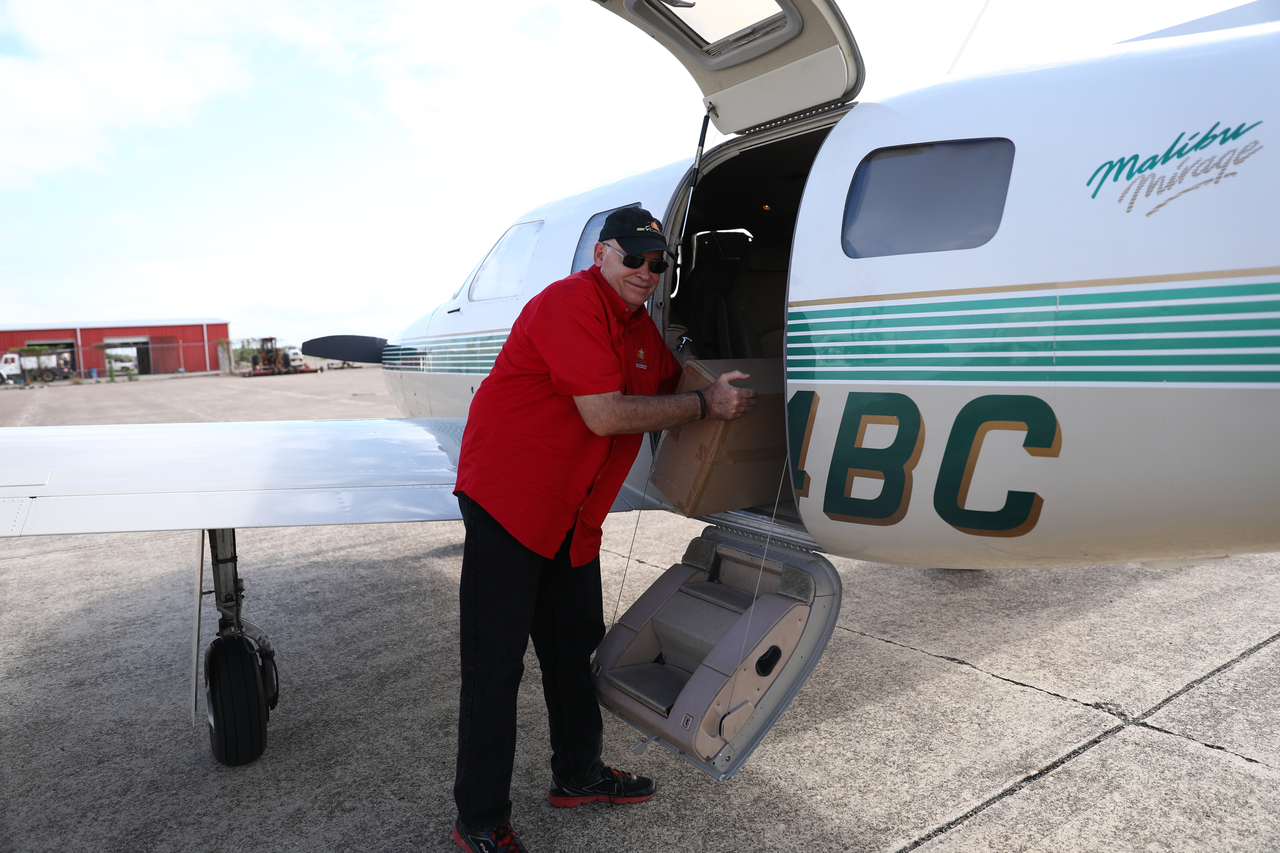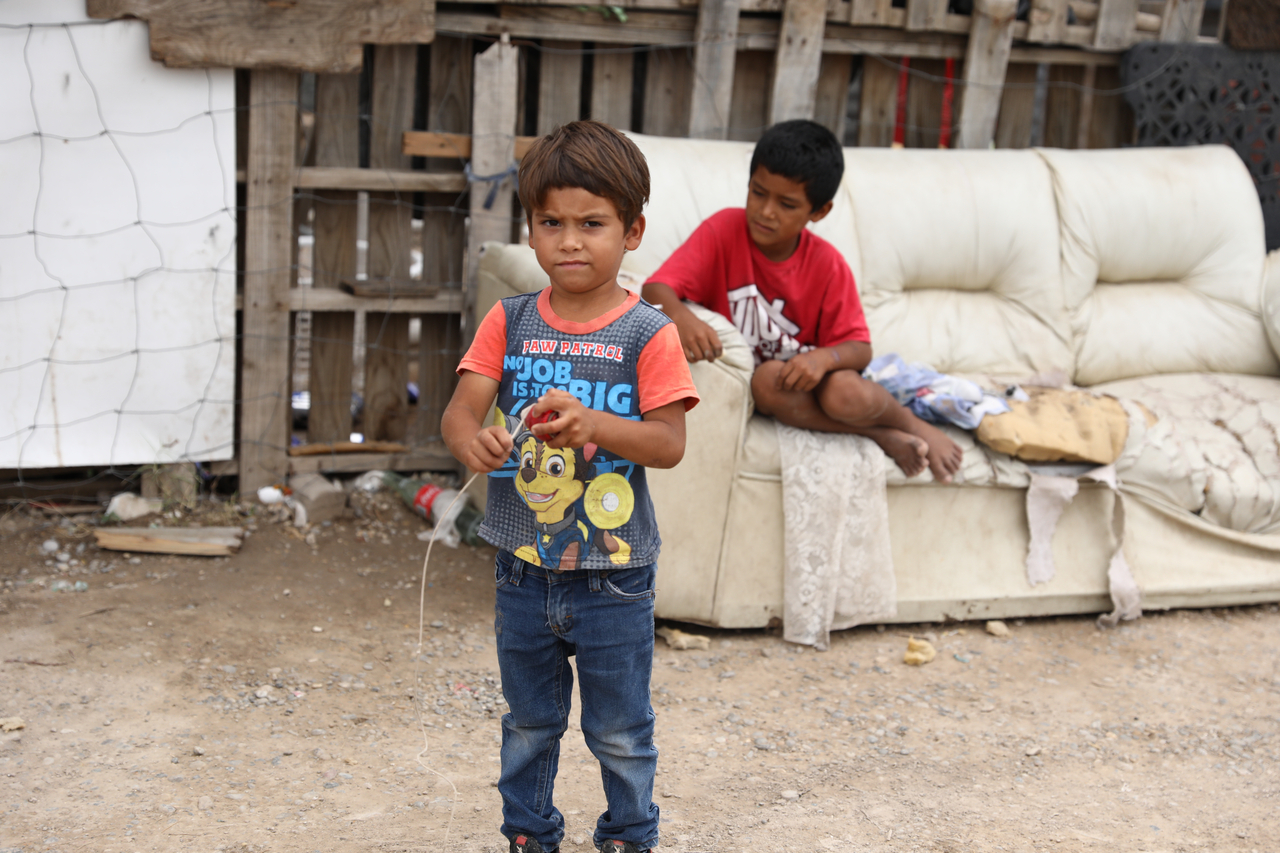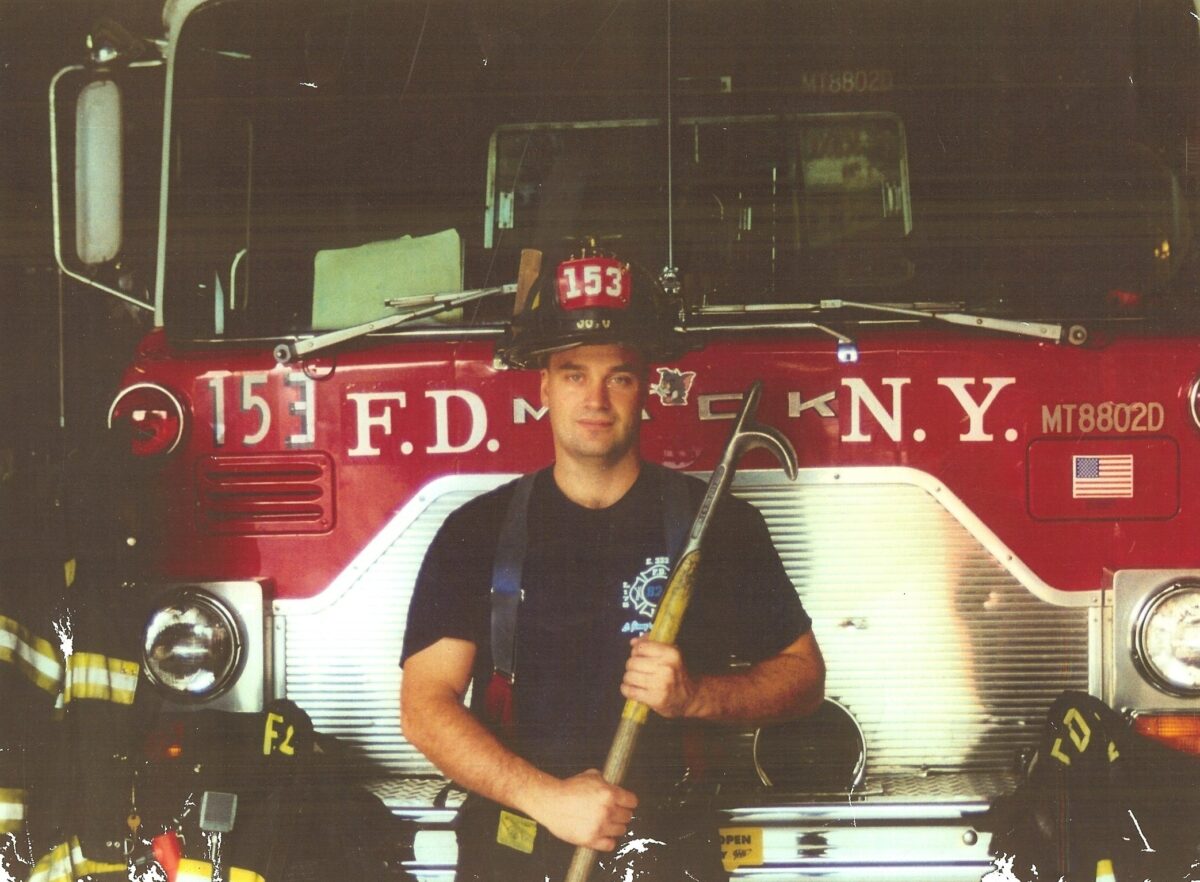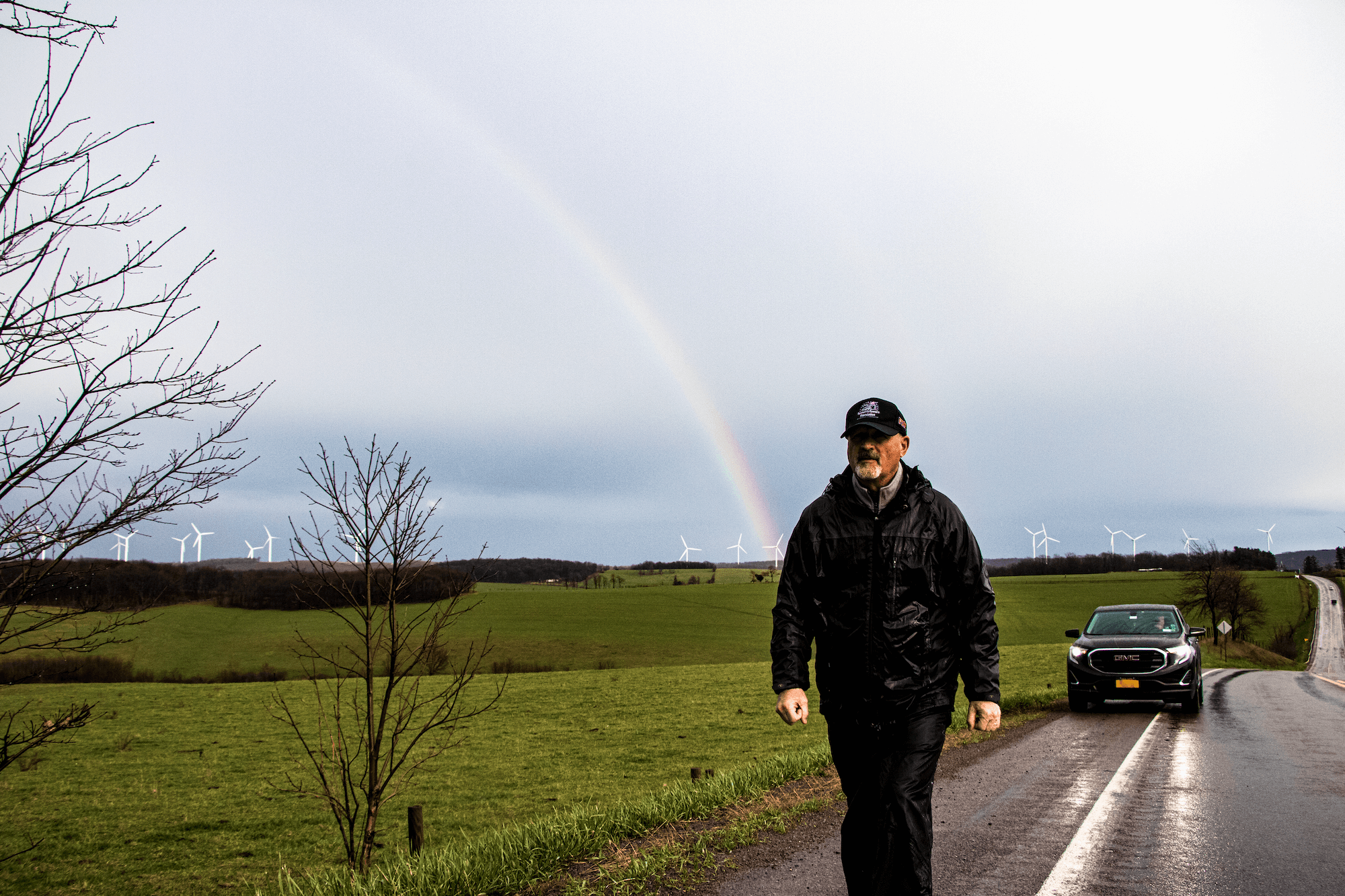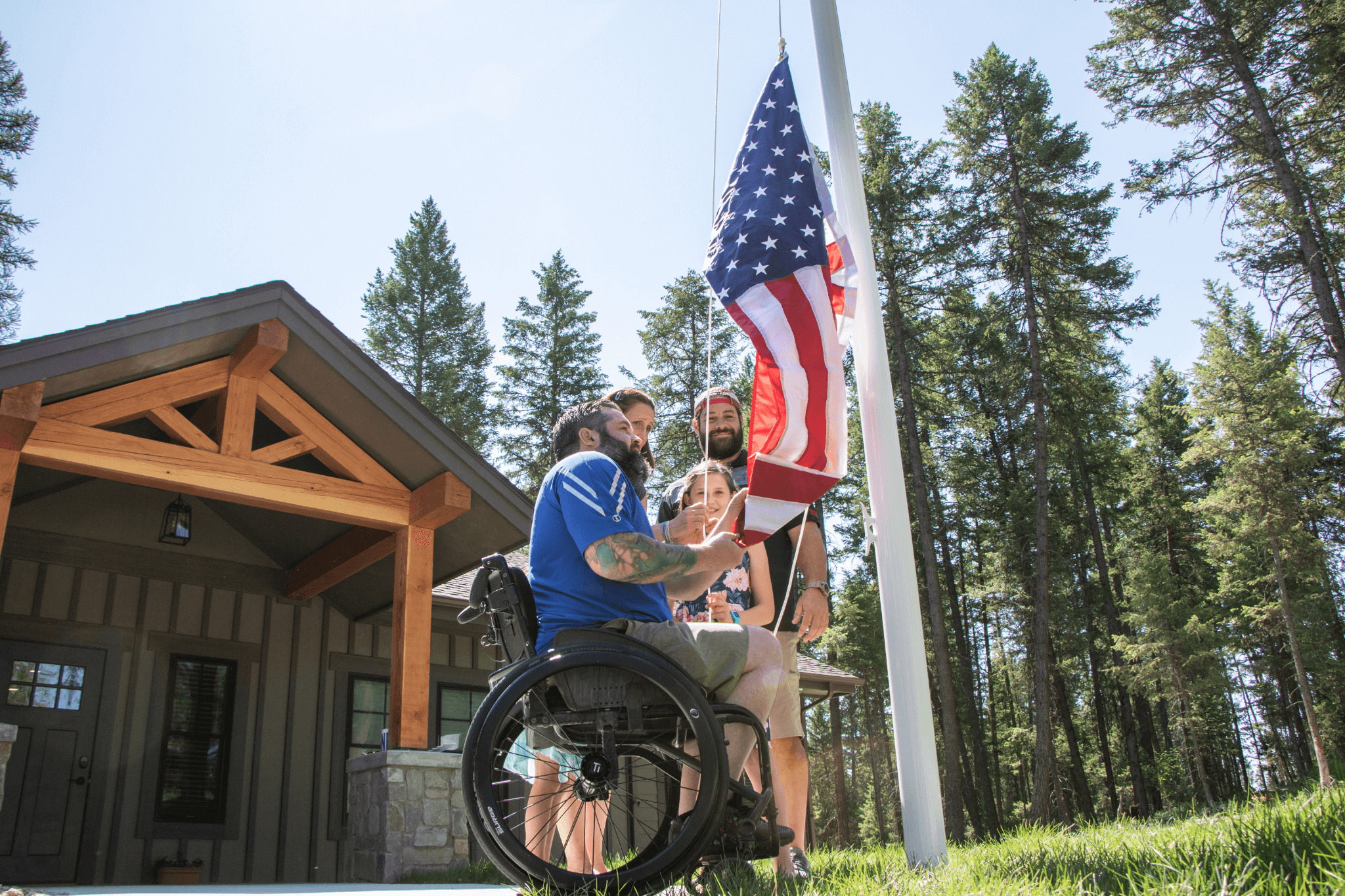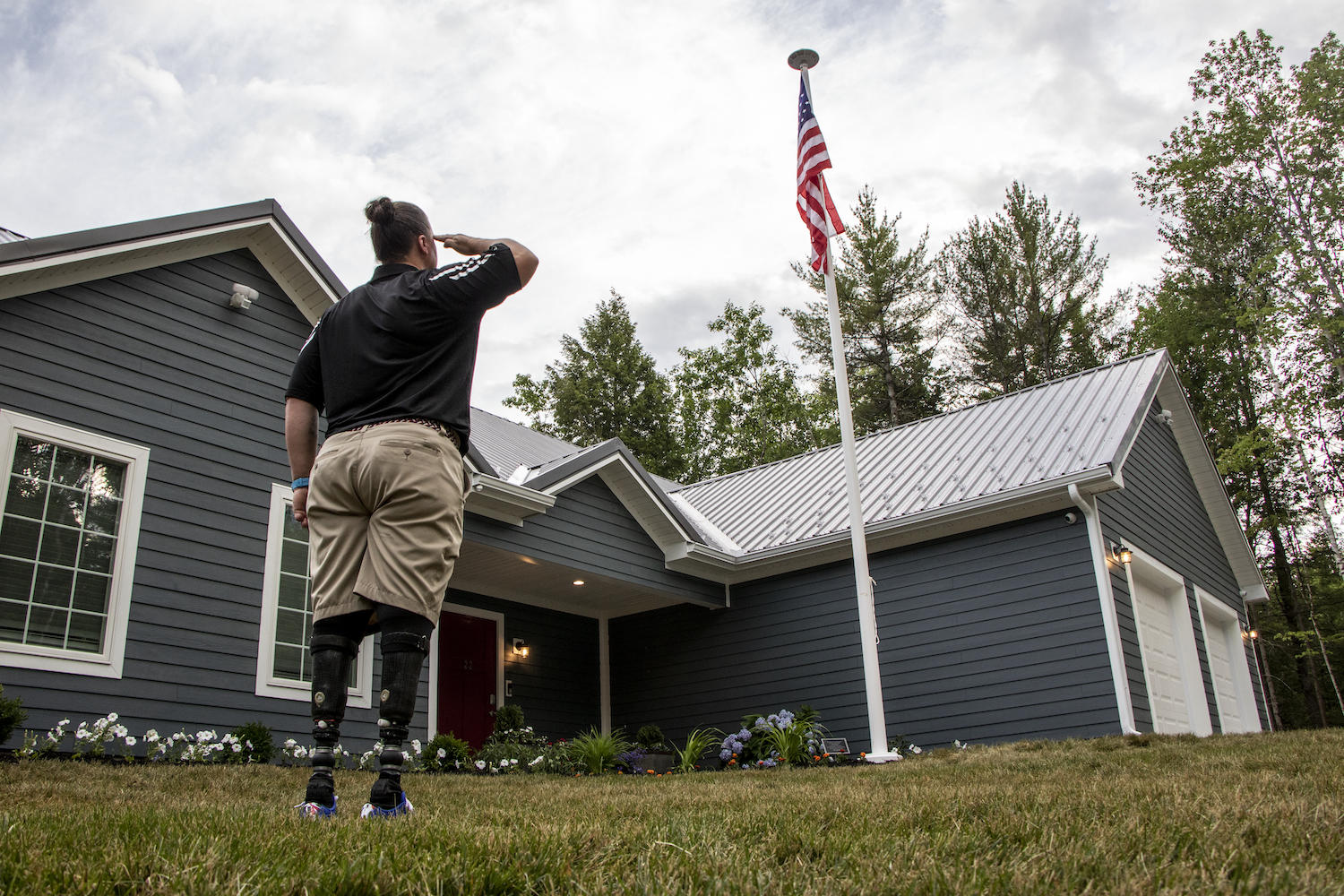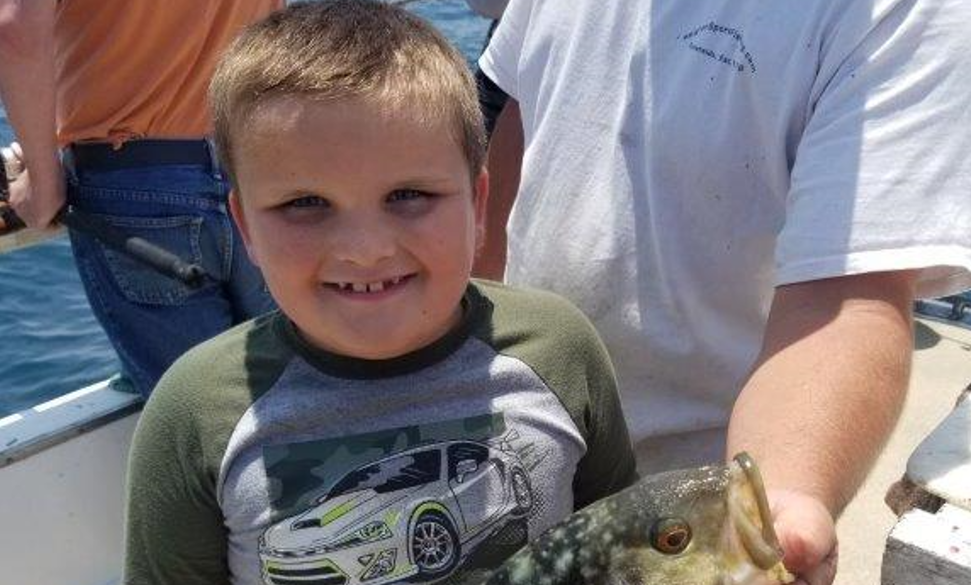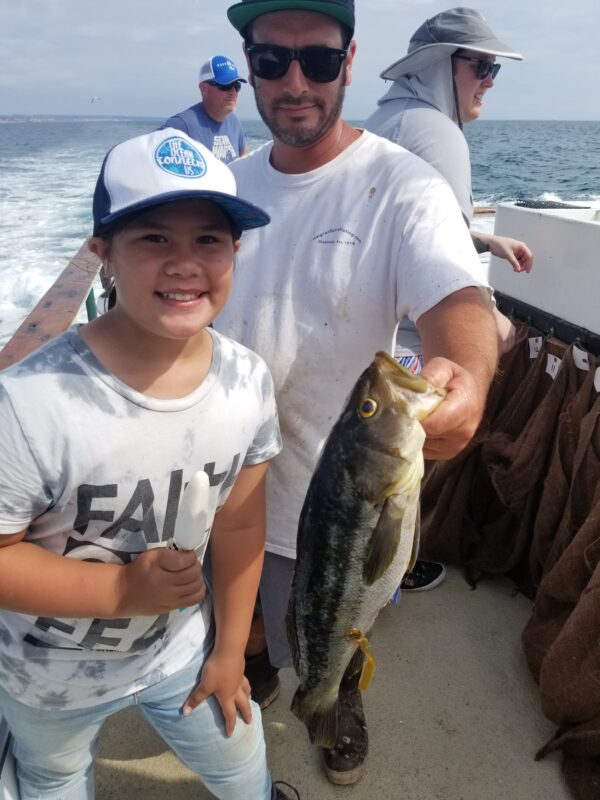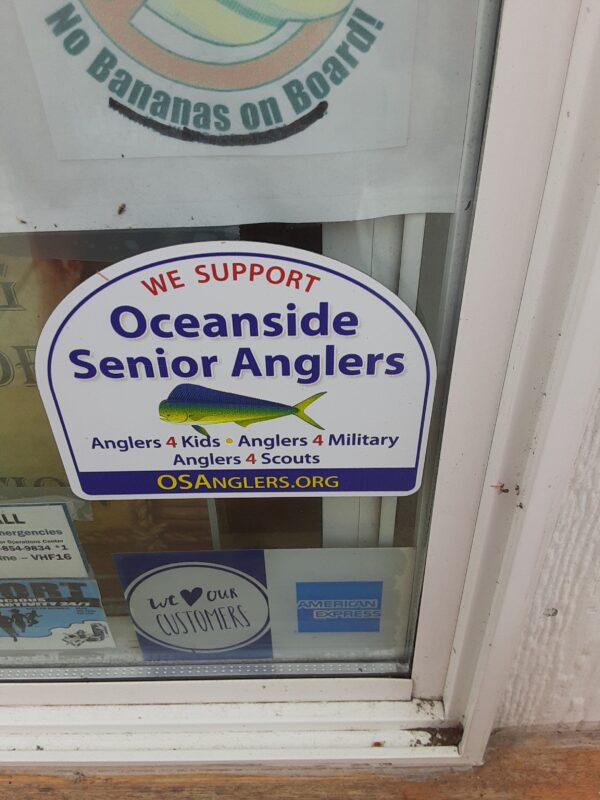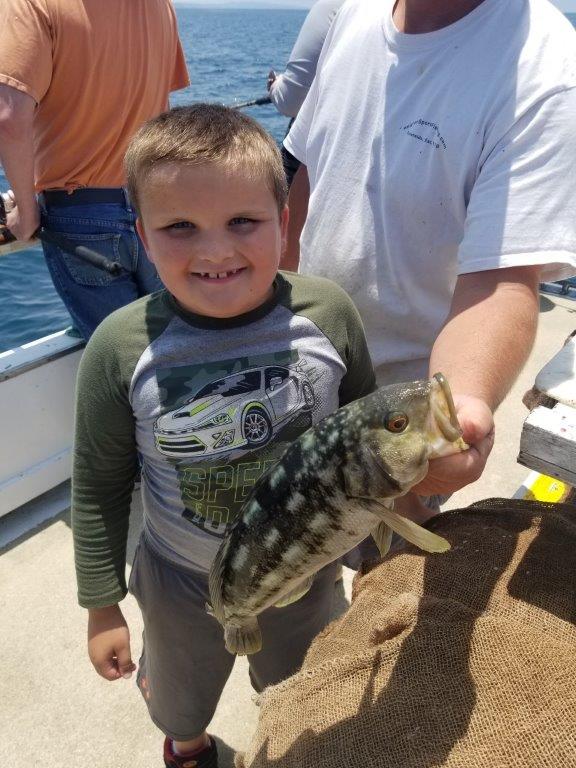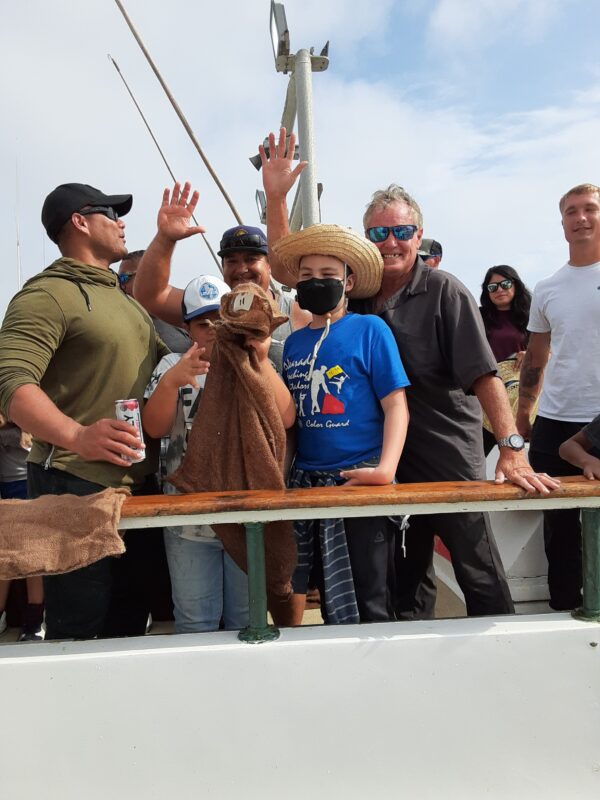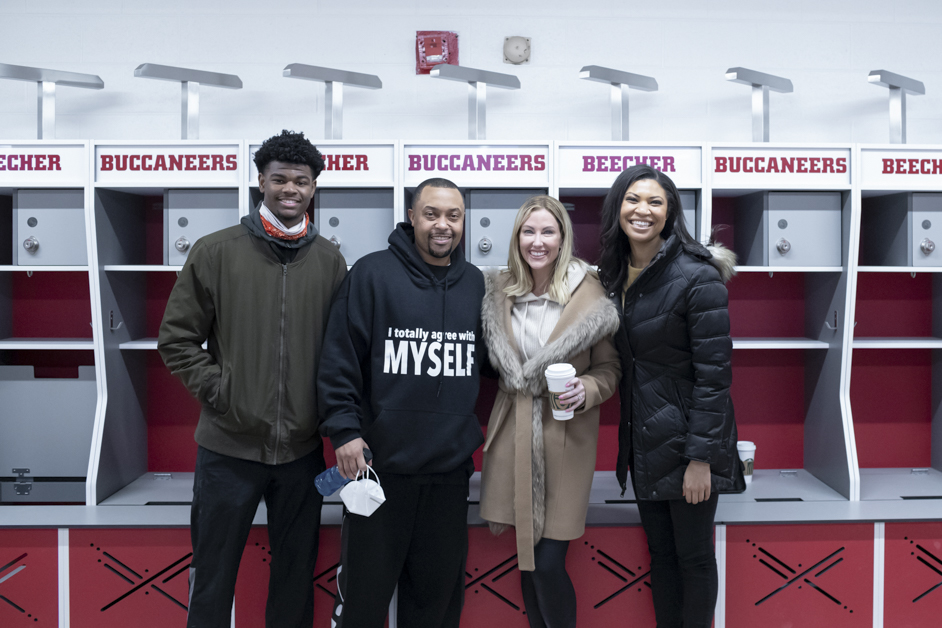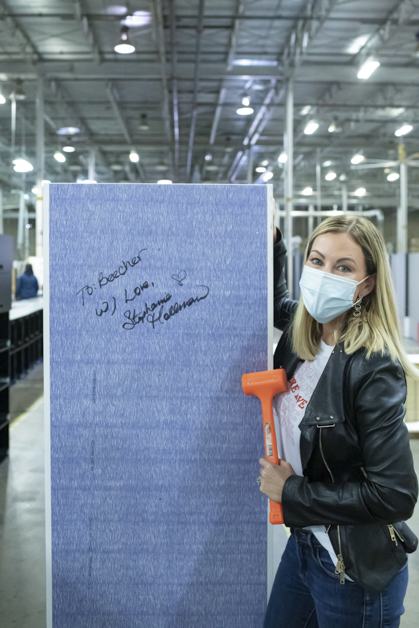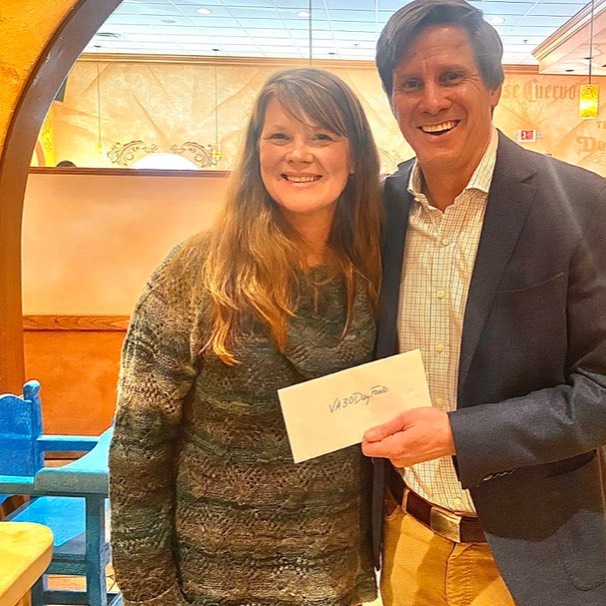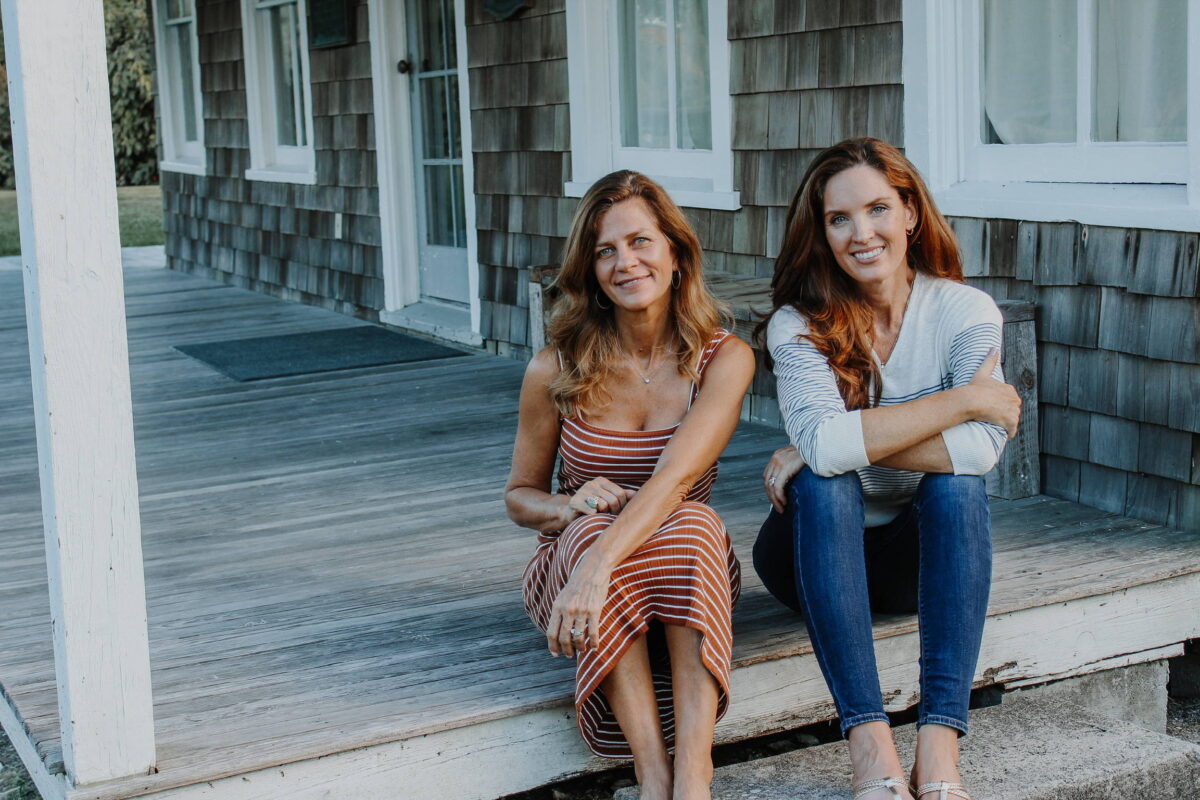When Tom Monaghan was 4 years old, his dad passed away. His mother couldn’t handle raising two little boys by herself, so she dropped them off at the orphanage, and set out to try to rebuild her life. Tom and his brother spent their formative years with the Polish nuns at the orphanage. It was there, Tom learned about the faith that would one day become the driving force in his life.
Tom speaks fondly about the nuns at the orphanage, and about developing a work ethic while working on what were then called the “foster farms,” which were working farms staffed by children in the foster care system. There is not a scintilla of self-pity in telling the story of his childhood. He admits that he grieved the loss of his father, and that he missed his mother terribly, but he is grateful for what he learned throughout his childhood.
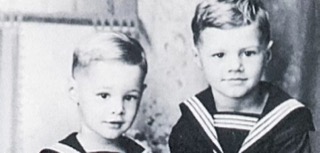
Tom and his brother, Jim, were reunited with their mother after several years, but it didn’t last long before Tom was sent to a detention facility. His aunt took custody of Tom and moved him out of the detention home so that he could finish high school. Not long after graduating, Tom joined the Marines.
The Marines taught Tom a sense of discipline, personal responsibility, and leadership that, combined with his faith and work ethic, established a solid foundation for his future. To this day, Tom does push-ups and sit-ups, just as he did throughout his time in the Marines.
He feels so strongly about the benefit of service in the military that he has always said he wouldn’t give a single penny of his money to his sons unless they first served time in the Marines. With a smile, he quickly adds that he was never tested on that declaration because he and his wife have four daughters—and no sons.
Tom was ambitious. After his honorable discharge from the Marines, he knew that he wanted to be in business. He invested all the money he had saved while in the military with a guy who turned out to be a swindler. Tom was cheated out of every dime.
He loved beautiful architecture and wanted to go to college to be an architect. He started school but didn’t have money for books. So, he wanted to find a job to earn some money so that he could go back to school the following semester. Any job would do.
His brother, Jim, had heard about a guy who wanted to sell his pizza restaurant, so Tom and Jim put $500 down, got a loan for $900, and bought DomiNick’s Pizza. They worked hard to build their clientele by offering “fast free delivery,” but it wasn’t long before the brothers decided to part ways. Jim was a postal worker who was trying to do both jobs. Less than a year after buying the business, Jim gave his ownership to Tom in exchange for the VW Beetle they were using to make deliveries. Tom was left with a bicycle—imagine that in the Michigan winters—and the pizza place, which he renamed Domino’s Pizza, Inc. When he couldn’t pay to rent a room, he slept under the pizza table.
The work ethic Tom had learned at the foster farms, and the discipline he developed while in the Marines, led him to 100-hour weeks of literally working on his feet. Tom had a rule that he would never sit down while on the job. The same rule applied to his employees in the early days.
Tom says that he demanded a lot of himself and of his employees, but no one resented it. They had a camaraderie that led to Tom being the best man in the weddings of those guys who worked alongside him. And theirs weren’t the only weddings in those early days. Tom met his wife, Marjorie, while making a pizza delivery.
Tom instinctively knew that delivering pizzas in a college town was a winning strategy. So, he dropped sandwiches from the menu, and focused solely on making the best pizza and delivering it quickly. He simplified the process of making quality pizza, perfected it, and then taught others how to do it. It’s been rumored that his fastest time at making a pizza was clocked at 11 seconds. He also pioneered the creation of the corrugated box, which kept the pizzas hotter throughout delivery.
After creating the strategy of a simplified menu in a college town, a tried-and-true training system, and boxes that maintained product quality, Tom worked to open other locations. Within seven years of purchasing that first pizzeria, Tom opened the first franchise. One year later, he opened the first store outside his home state of Michigan. He was off and running!
In 1983, Tom opened the first stores outside the United States—in Canada and Australia. By 1985, Tom was opening an average of three new U.S. stores every day. He had a total of 2,841 locations, making Domino’s the fastest growing pizza company in the United States. That same year, he also opened stores in England and Japan. In 1988, he expanded to Colombia. By 1989, Domino’s hit the milestone of opening its 5,000th store. One year later, the 1,000th franchise agreement was signed.
By 1996, Domino’s Pizza posted record annual sales of $2.8 billion. In 1997, Tom opened seven stores in one day on five continents simultaneously, making a total of 1,500 stores outside the United States. By the time Tom announced his retirement in 1998, he had over 6,000 stores, creating employment for over 30,000 people. Not bad for a guy who was just trying to earn enough money to buy books to study to be an architect.
Throughout his years in business, Tom acquired helicopters, jets, a collection of unique cars, the largest collection of Frank Lloyd Wright houses, and the Detroit Tigers baseball team that he had revered as a little boy. In addition, he built Domino’s Farms, which was a labor of love that incorporated Tom’s love of farming, inspired by his time at the foster farms, with his appreciation of the Prairie School architectural style of Frank Lloyd Wright. This became the corporate headquarters of Domino’s Pizza, complete with a chapel and petting zoo, beautiful landscaping, and other remarkable amenities. Domino’s Farms remains a Michigan landmark.
Throughout his 38 years in business, Tom’s primary mission was to treat others by the Golden Rule, which is the principle of treating others as one wants to be treated. This Rule is based on the words of Jesus, recorded in the Bible in Matthew 7:12: “Do unto others as you would have them do unto you.” Tom emphasized to everyone within his influence that treating others fairly had to be the guiding principle for success in business.
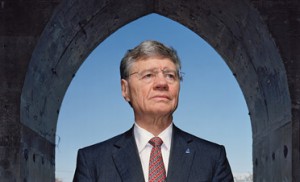
The seeds of faith that were planted by the nuns at the orphanage all those years before continued to grow throughout Tom’s life. Therefore, it’s no surprise that retirement for Tom Monaghan didn’t mean a life of leisure. This Marine embarked on a second half of life that became even more significant than his first.
When asked what he wanted to do with the rest of his life, Tom said, “Life is short, death is certain, and eternity is forever. I want to go to heaven, and the most important thing I can do with ‘God’s money’ is help other people get to heaven, too.” He continued, “I came into the world penniless, and as a Catholic Christian, I know that I cannot take any of it with me, so it has long been my desire to use the material resources that I have been blessed with to help others in the most meaningful ways possible.” He went on to say, “I would not be living out my faith if I did not use the abundant resources God has given me to help others.” And he has made great strides toward that goal.
Tom sold his ownership of Domino’s Pizza, his collection of cars, houses, aircraft, and his beloved baseball team, and turned his attention to establishing organizations that would advance his mission of helping people to go to heaven. His post-retirement projects are big and far-reaching. Among them are the Ave Maria Foundation, which focuses on Catholic education, media, community projects, and charities. One of the projects he funded was the publication of the worldwide Catechism of the Catholic Church.
He founded the Thomas More Law Center, a nonprofit law firm dedicated to the restoration and defense of the religious freedom of Christians, family values, and the sanctity of human life. The law firm calls itself the “Christian response to the ACLU (American Civil Liberties Union).”
He created Legatus, which means “ambassador,” to educate and support CEOs, company presidents, managing partners, and business owners in being ambassadors for Christ in the marketplace. Nearly 30 years later, over 5,000 members and their spouses, across 95 chapters throughout the United States and Canada, are committed to running their businesses, and their lives, according to the principles of Christianity.
To create “the most Catholic of all Catholic universities,” Tom established Ave Maria University, which is the only college campus in America with a program of study and service that honors the Nobel Peace Prize winner, Saint Teresa of Calcutta. At a time when the world is rife with violence and riven with division, the goal of the Mother Teresa Project is to produce graduates of Ave Maria University who will spread her compassion and teachings to a new generation of Americans, and in the process, spread peace in the same manner as she did—one person at a time. Tom also founded the Ave Maria School of Law, and built the surrounding town of Ave Maria, Florida. With a nod to his beloved Marines, the athletes of AMU are called the Gyrenes, a term of endearment for the U.S. Marines.
He jokingly says, with typical Tom Monaghan humility, that he’s the chancellor of a university that he probably wouldn’t qualify to attend.
Q&A
What advice would you give to young people?
Live by the 3 S’s—Survive, Save, and Serve. I recommend going into the military to serve your country. Save all your money. After that, get a job and work hard.
Is there a book that has influenced you?
In addition to the Bible, I read “In Search of Excellence” and “The One Minute Manager.”
Rhonda Sciortino (www.Rhonda.org) is the author of “Acts of Kindness,” “Kindness Quotient,” and “Love Is Action,” among many other books. She hopes to nudge people toward Love.

